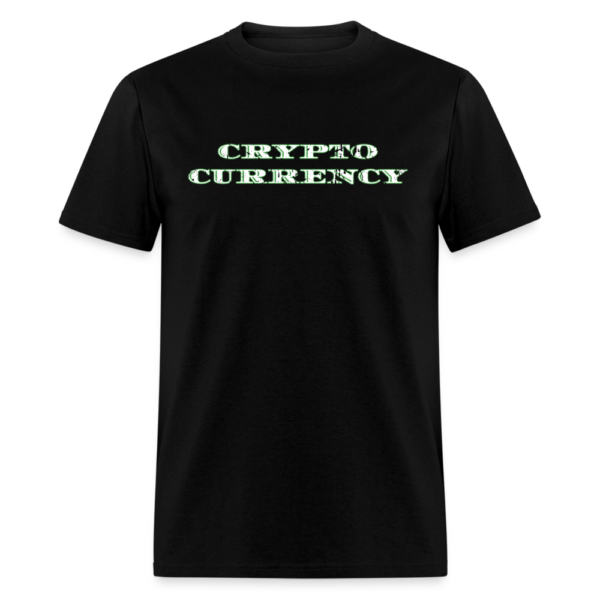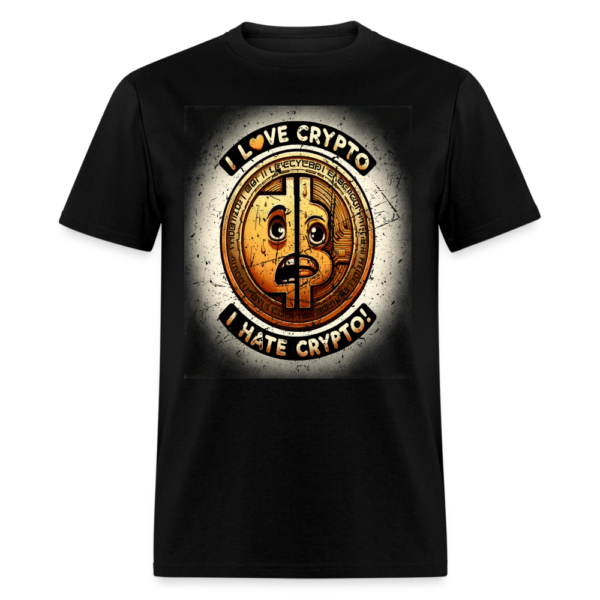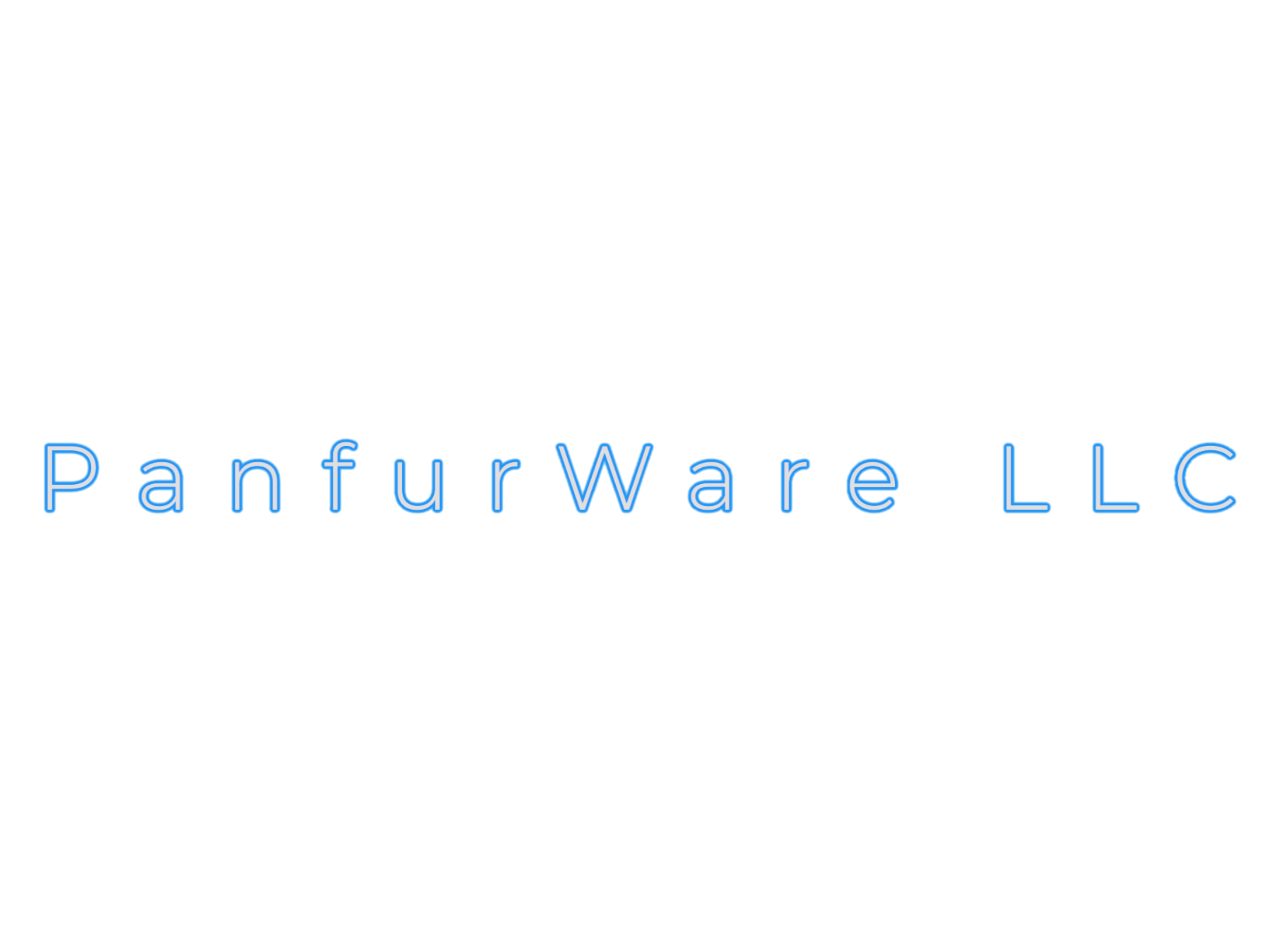Your cart is currently empty!
Tag: Tether
Tether Mints 1 Billion USDT on Tron in 2025 – What It Means for Crypto Markets!
Free shipping over $50 for the month of April using code aprilship
On January 29, 2025, Tether, the world’s leading stablecoin issuer, made headlines by minting 1 billion USDT on the Tron blockchain. This marks its first issuance of the year and has sparked discussions across the crypto space. But what does this mean for the market? Let’s break it down!
Understanding the Minting Event
What Happened?
Tether issued 1 billion new USDT tokens on Tron, adding $999.76 million to its treasury. However, these tokens are not immediately in circulation but are minted in preparation for future demand.Why Tron?
Fast transactions
Low fees
Scalability
Tron’s efficient blockchain infrastructure makes it a preferred choice for USDT transactions, ensuring smooth and cost-effective transfers.
Impact on the Crypto Market
Liquidity Boost
- More USDT in reserve could signal potential market expansion and increased trading volumes.
- Traders and exchanges benefit from higher liquidity, making transactions smoother.
Price Stability
- Unlike regular cryptocurrencies, USDT is pegged to $1, maintaining stability.
- However, significant minting can sometimes influence Bitcoin (BTC) and Ethereum (ETH) price movements.
Market Sentiment
Crypto enthusiasts closely watch Tether’s minting patterns. Some speculate that this could indicate:Institutional interest in crypto
A preparation for future price rallies
A strategy to meet rising demand for stablecoin transactions
Tether’s Role in Crypto Stability
USDT as a Safe Haven
With the crypto market’s volatility, traders often use USDT to hedge against price swings. This latest minting reassures the community that Tether remains committed to liquidity and stability.Looking Ahead
- Will this new minting impact Bitcoin’s price?
- Could we see more large-scale mints in 2025?
- How will regulators respond to stablecoin expansions?
What’s Your Take?
Do you think this will lead to a crypto price surge?
Will increased USDT minting boost adoption?
Drop your thoughts in the comments below and share this post with fellow crypto enthusiasts!
Vintage Crypto Currency Green Money Art Unisex Classic T-Shirt
$13.99Vintage Crypto Currency Green Money Art Unisex Classic T-Shirt. “Show off your style and love for digital currency with this vintage crypto currency green money art unisex classic t-shirt! Perfect for crypto enthusiasts who want to combine fashion and finance.”
-

Hungry and Humble Football Player Flapping Arms Touchdown Celebration Unisex Classic T-Shirt #philly
$19.99 Select options This product has multiple variants. The options may be chosen on the product page -

Africatown in Philly Phrase Unisex Classic T-Shirt
$13.99 Select options This product has multiple variants. The options may be chosen on the product page -

Vintage Funny Cat Selfie UFO Alien Invasion Unisex Classic T-Shirt
$13.99 Select options This product has multiple variants. The options may be chosen on the product page -

Vintage Philly Underdogs German Shepherds Unisex Classic T-Shirt
$9.99 Select options This product has multiple variants. The options may be chosen on the product page -

Voxel Art Women’s Basketball Women’s T-Shirt
$19.99 Select options This product has multiple variants. The options may be chosen on the product page
————————————————
We use AI GPT Chatbots to help with our content and may get some things wrong.
————————————————-
Are Stablecoins Safe? What Needs to Be Done to Ensure Their Security #RLUSD $RLUSD
Free shipping over $50 for the month of April using code aprilship
Stablecoins have emerged as a vital component of the cryptocurrency ecosystem, offering the promise of price stability while retaining the flexibility of blockchain-based assets. Pegged to traditional currencies like the US dollar or commodities such as gold, these digital assets aim to bridge the gap between volatile cryptocurrencies and the traditional financial system. However, the question remains: Are stablecoins truly safe?
In this article, we explore the current state of stablecoin safety, the risks they pose, and the measures needed to enhance their security.
Understanding Stablecoins and Their Types
Stablecoins are designed to maintain a stable value by pegging their worth to a reserve asset. They fall into three main categories:
- Fiat-Collateralized Stablecoins: These are backed by traditional currencies like the US dollar. Examples include Tether (USDT), USD Coin (USDC) Ripple Stablecoin (RLUSD), and Binance USD (BUSD). Issuers hold reserves equivalent to the stablecoins in circulation.
- Crypto-Collateralized Stablecoins: These use other cryptocurrencies as collateral. To counteract volatility, they are often over-collateralized. An example is DAI, which is backed by a mix of crypto assets.
- Algorithmic Stablecoins: These rely on algorithms and smart contracts to maintain their peg without direct backing. A notable example is the now-defunct TerraUSD (UST), whose collapse in 2022 highlighted the risks of this model.
Are Stablecoins Safe?
Stablecoins have their advantages, such as facilitating seamless cross-border transactions, enabling access to decentralized finance (DeFi), and serving as a hedge against cryptocurrency volatility. However, they are not without risks. Below are some of the major concerns:
1. Lack of Transparency
Many stablecoin issuers claim their tokens are fully backed by reserves, but independent audits are often lacking. For instance, Tether (USDT) has faced criticism for its opaque reserve disclosures, leading to doubts about whether it is fully backed by fiat assets.
2. Regulatory Risks
Stablecoins operate in a regulatory gray area in many jurisdictions. Governments worry about their potential to undermine monetary policy, facilitate illicit activities, and pose systemic risks to financial stability.
3. Counterparty Risks
Fiat-collateralized stablecoins depend on centralized entities to manage reserves. This creates a single point of failure, making them vulnerable to mismanagement or fraud.
4. Smart Contract Vulnerabilities
Crypto-collateralized and algorithmic stablecoins rely on complex smart contracts. Bugs or exploits in these contracts can lead to significant losses, as seen in numerous DeFi hacks.
5. Market Risks
Algorithmic stablecoins are particularly prone to market risks. The collapse of TerraUSD (UST) demonstrated how a loss of confidence could trigger a downward spiral, wiping out billions in value.
What Needs to Be Done to Ensure Stablecoin Safety?
To make stablecoins safer, issuers, regulators, and the broader crypto community need to address these risks. Here are some key measures:
1. Enhanced Transparency and Auditing
Stablecoin issuers must provide regular, independent audits to verify their reserves. Transparency about the composition of these reserves is crucial for building trust among users and regulators.
2. Comprehensive Regulation
Governments should establish clear regulatory frameworks for stablecoins. These regulations should focus on reserve management, consumer protection, and anti-money laundering (AML) compliance. For instance, the European Union’s Markets in Crypto-Assets (MiCA) regulation provides a roadmap for stablecoin oversight.
3. Decentralization of Reserves
To reduce counterparty risks, stablecoin projects could explore decentralized reserve management systems. This approach would distribute control over reserves, minimizing single points of failure.
4. Improved Smart Contract Security
Crypto-collateralized and algorithmic stablecoins must prioritize smart contract audits and rigorous testing. Bug bounty programs can incentivize ethical hackers to identify vulnerabilities before bad actors exploit them.
5. Robust Algorithmic Models
For algorithmic stablecoins to succeed, their models must be resilient to market shocks. This may involve dynamic adjustments, hybrid collateral mechanisms, or integrating real-world assets as additional safeguards.
6. Global Collaboration
Regulators, developers, and financial institutions need to collaborate on setting global standards for stablecoin issuance and usage. Such cooperation can prevent regulatory arbitrage and ensure consistent oversight.
Examples of Progress Toward Safety
Some stablecoin projects and jurisdictions are already taking steps to address these concerns:
- Circle (USDC): Circle has committed to monthly reserve disclosures and regular third-party audits, setting a benchmark for transparency.
- European Union: The MiCA framework includes specific provisions for stablecoin issuers, requiring them to maintain robust reserve backing and adhere to stringent operational standards.
- Ethereum and DeFi Innovations: Projects like MakerDAO continually evolve their models to improve resilience, adding diversified collateral and governance mechanisms.
Conclusion
Stablecoins have the potential to revolutionize the global financial system by combining the benefits of cryptocurrencies and traditional money. However, their safety depends on addressing critical risks related to transparency, regulation, technology, and market dynamics.
By enhancing transparency, implementing robust regulations, securing smart contracts, and fostering global cooperation, stablecoins can achieve the stability and trust necessary to become a cornerstone of modern finance. Until then, users and investors must remain cautious, choosing stablecoins backed by strong governance and credible reserves.
Vintage Love Crypto Hate Crypto Unisex Classic T-Shirt
$13.99Vintage Love Crypto Hate Crypto Unisex Classic T-Shirt. “Capture the highs and lows of the crypto world with this vintage ‘Love Crypto, Hate Crypto’ unisex classic t-shirt! Perfect for anyone who rides the emotional waves of digital currency with style.”
-

Hungry and Humble Football Player Flapping Arms Touchdown Celebration Unisex Classic T-Shirt #philly
$19.99 Select options This product has multiple variants. The options may be chosen on the product page -

Africatown in Philly Phrase Unisex Classic T-Shirt
$13.99 Select options This product has multiple variants. The options may be chosen on the product page -

Vintage Funny Cat Selfie UFO Alien Invasion Unisex Classic T-Shirt
$13.99 Select options This product has multiple variants. The options may be chosen on the product page -

Vintage Philly Underdogs German Shepherds Unisex Classic T-Shirt
$9.99 Select options This product has multiple variants. The options may be chosen on the product page -

Voxel Art Women’s Basketball Women’s T-Shirt
$19.99 Select options This product has multiple variants. The options may be chosen on the product page
————————————————
We use AI GPT Chatbots to help with our content and may get some things wrong.
————————————————-






